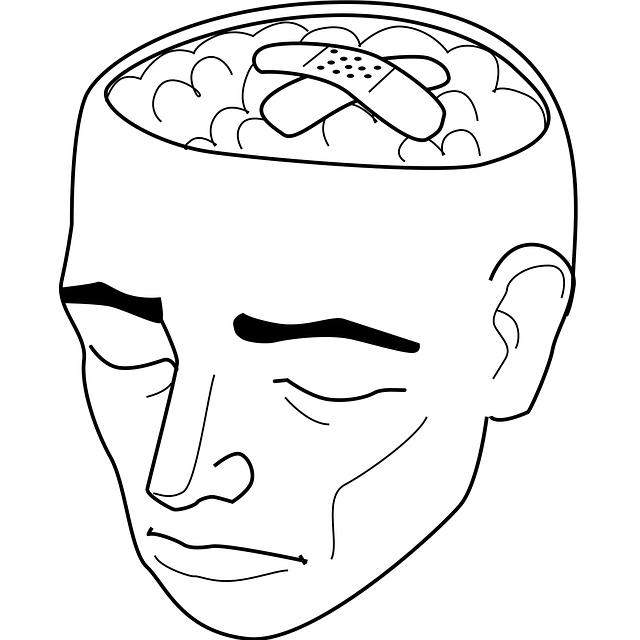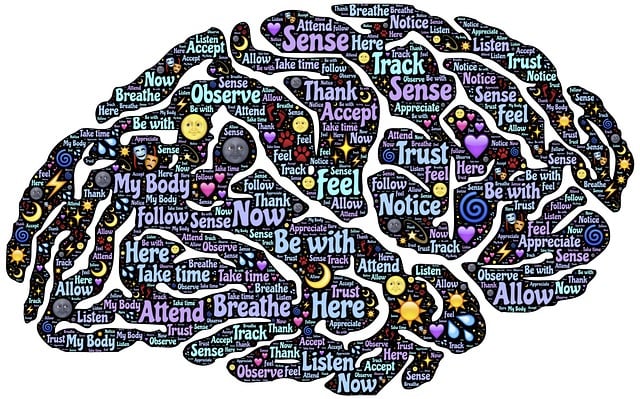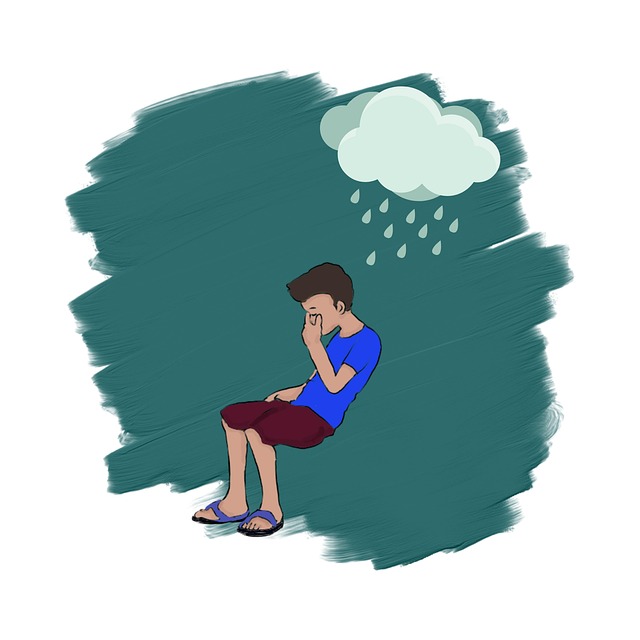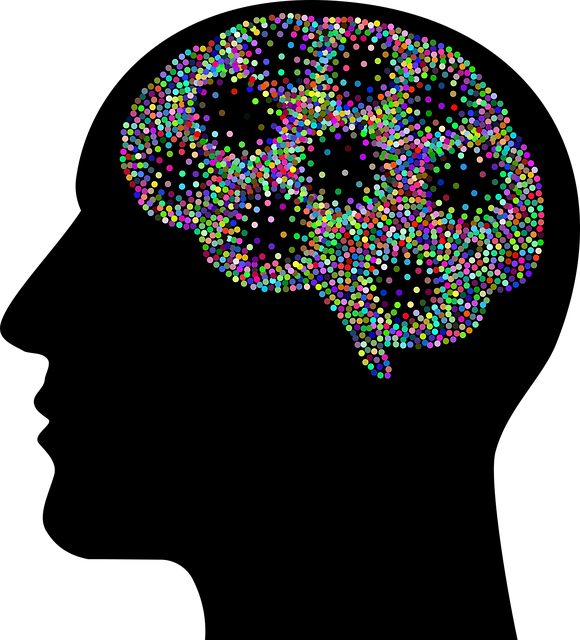Mental health, encompassing emotional, psychological, and social aspects, requires long-term management for conditions like anxiety, depression, and bipolar disorder. Apps like Parker Chronic Illness Therapy leverage technology to offer personalized therapy, self-care practices, and risk management tools, empowering users with coping strategies and monitoring progress. A user-friendly Parker app should include educational content, interactive tools, mood tracking, guided meditations, and evidence-based therapy sessions, while strategic development involves defining scope, researching trends, designing intuitive interfaces, thorough testing, and targeted marketing.
In today’s digital age, mental wellness app development is revolutionizing chronic illness management. This comprehensive guide explores the intersection of mental health and chronic conditions, highlighting technology’s role in empowering individuals through Parker Chronic Illness Therapy. We delve into the design process, essential features, and step-by-step launch strategies for creating effective apps that support users’ journeys. Discover how innovative digital solutions can enhance therapy and foster better mental wellness.
- Understanding Mental Health and Chronic Illness: A Comprehensive Overview
- The Role of Technology: Why a Mental Wellness App is Beneficial for Chronic Illness Management
- Designing an Effective App: Features and Functions for Parker Chronic Illness Therapy
- Development Process and Launch: A Step-by-Step Guide to Creating a Supportive Digital Experience
Understanding Mental Health and Chronic Illness: A Comprehensive Overview

Mental health is a multifaceted aspect of overall wellness, encompassing emotional, psychological, and social well-being. It’s crucial to understand that mental health issues, like chronic illnesses, are common and diverse. Conditions such as anxiety disorders, depression, and bipolar disorder fall under this spectrum, often requiring long-term management akin to Parker Chronic Illness Therapy.
Integrating self-care practices is vital for both individuals with chronic mental health conditions and the professionals who support them. This includes effective risk management planning, which involves identifying potential triggers and developing strategies to mitigate risks. By fostering resilience through tailored interventions, individuals can enhance their ability to cope with challenges, promoting sustained mental wellness.
The Role of Technology: Why a Mental Wellness App is Beneficial for Chronic Illness Management

In today’s digital era, technology plays a pivotal role in enhancing various aspects of our lives, and mental wellness is no exception. Apps designed for chronic illness management offer a convenient and accessible way to support individuals dealing with long-term conditions. For instance, Parker Chronic Illness Therapy apps provide an innovative approach to healthcare by offering personalized therapy sessions, self-care practices, and risk management planning tools all in one place.
These digital solutions empower users to take control of their mental health journey. With features tailored to individual needs, they promote self-awareness, offer coping strategies, and facilitate regular monitoring. Moreover, they encourage consistent engagement with healthcare providers, ensuring better adherence to treatment plans. By incorporating such apps into routine care, we not only improve patient outcomes but also contribute to the broader goal of enhancing mental health services through technology, while addressing critical needs like Healthcare Provider Cultural Competency Training.
Designing an Effective App: Features and Functions for Parker Chronic Illness Therapy

When designing an app for Parker Chronic Illness Therapy, the focus should be on creating a user-friendly interface that supports both education and engagement. Incorporate essential features like a library of Conflict Resolution Techniques tailored to chronic illness management, allowing users to access strategies at their fingertips. Interactive elements such as step-by-step guides for Coping Skills Development can empower individuals to navigate challenges effectively.
Additionally, integrate a digital Mental Wellness Journaling Exercise Guidance feature where users can record their thoughts and experiences. This not only promotes self-reflection but also enables therapists to track progress and provide personalized recommendations. A balanced mix of educational content, interactive tools, and reflective practices ensures an app that effectively supports the mental wellness journey for individuals dealing with chronic illness.
Development Process and Launch: A Step-by-Step Guide to Creating a Supportive Digital Experience

Developing a mental wellness app, like Parker Chronic Illness Therapy, involves a strategic, multi-step process to ensure a supportive and effective digital experience. Here’s a step-by-step guide:
1. Define Scope & Target Audience: Begin by clearly outlining the app’s purpose, features, and intended users, keeping in mind specific needs like those addressed by Parker Chronic Illness Therapy. This involves researching public awareness campaigns and understanding trends in mental wellness coaching programs to tailor content effectively.
2. Design & Prototyping: Next, create intuitive user flows and visually appealing interfaces that foster engagement. Collaborate with designers to develop wireframes and prototypes, ensuring accessibility and a seamless experience for users seeking mental health support.
3. Feature Implementation: Develop core features such as mood tracking, guided meditations, personalized therapy sessions (like those offered by Parker), and community forums. Integrate evidence-based practices and ensure data privacy and security.
4. Testing & Feedback: Conduct thorough testing to identify bugs and usability issues. Gather feedback from a diverse user group to refine the app’s functionality and user experience before launch.
5. Launch & Marketing: Once ready, launch the app on relevant platforms. Implement marketing strategies targeted at raising mental wellness awareness, leveraging social media, influencer partnerships, and public relations to reach your target audience effectively.
Mental wellness apps, such as Parker Chronic Illness Therapy, are transforming the way we manage chronic conditions. By leveraging technology, these innovative tools offer personalized support, accessible therapy, and proactive coping strategies. Through a structured development process that prioritizes user experience and evidence-based practices, creators can launch effective apps that enhance mental health outcomes. Embracing digital solutions like Parker Chronic Illness Therapy is a crucial step towards creating a more inclusive and supportive society for those navigating chronic illness.














